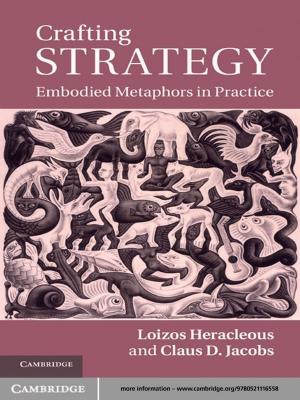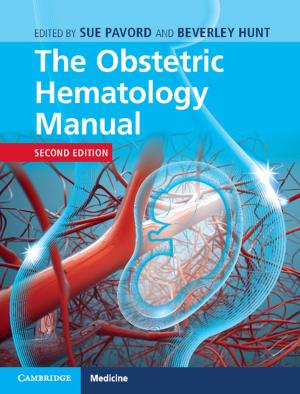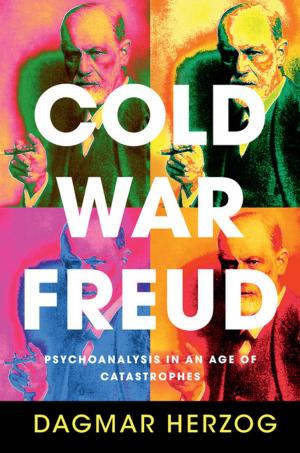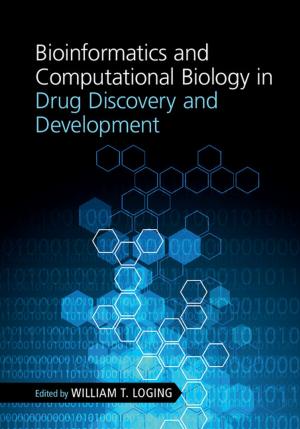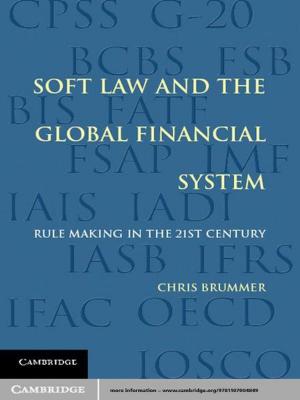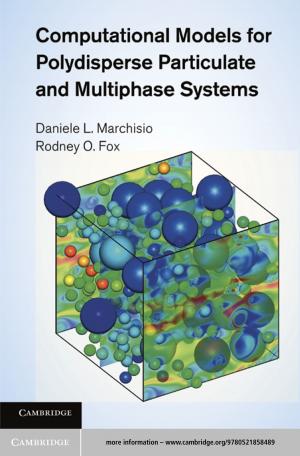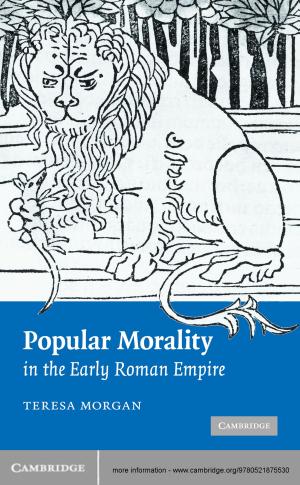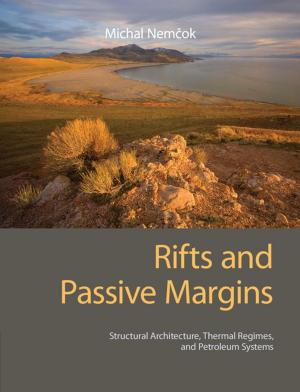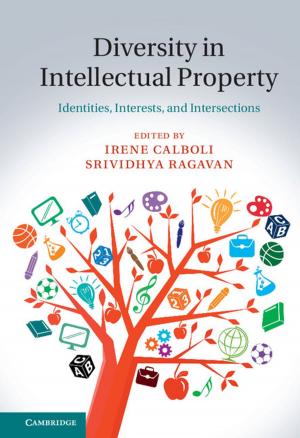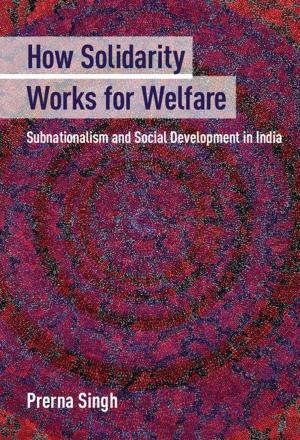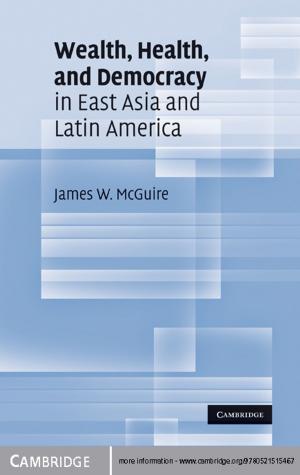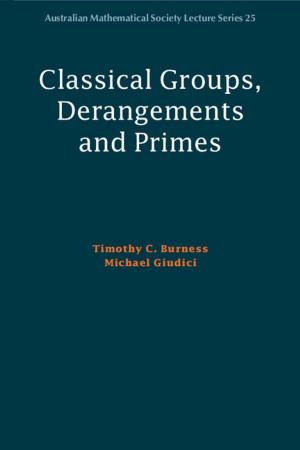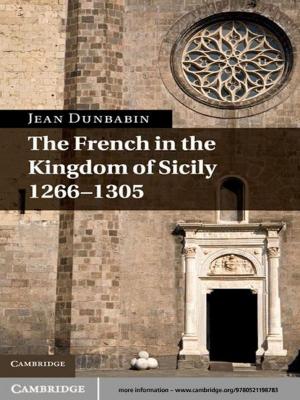An Incarnational Model of the Eucharist
Nonfiction, Religion & Spirituality, Christianity, General Christianity, Theology| Author: | James M. Arcadi | ISBN: | 9781108615990 |
| Publisher: | Cambridge University Press | Publication: | March 31, 2018 |
| Imprint: | Cambridge University Press | Language: | English |
| Author: | James M. Arcadi |
| ISBN: | 9781108615990 |
| Publisher: | Cambridge University Press |
| Publication: | March 31, 2018 |
| Imprint: | Cambridge University Press |
| Language: | English |
The Eucharist is at the heart of Christian worship and at the heart of the Eucharist are the curious phrases, 'This is my body' and 'This is my blood'. James M. Arcadi offers a constructive proposal for understanding Christ's presence in the Eucharist that draws on contemporary conceptual resources and is faithful to the history of interpretation. He locates his proposal along a spectrum of Eucharistic theories. Arcadi explores the motif of God's presence related to divine omnipresence and special presence in holy places, which undergirds a biblical-theological proposal concerning Christ's presence. Utilizing recent work in speech-act theory, Arcadi probes the acts of consecration and renaming in their biblical and liturgical contexts. A thorough examination of recent work in Christology leads to an action model of the Incarnation that borrows the notion of enabling externalism from philosophy of mind. These threads undergird a model of Christ's presence in the Eucharist.
The Eucharist is at the heart of Christian worship and at the heart of the Eucharist are the curious phrases, 'This is my body' and 'This is my blood'. James M. Arcadi offers a constructive proposal for understanding Christ's presence in the Eucharist that draws on contemporary conceptual resources and is faithful to the history of interpretation. He locates his proposal along a spectrum of Eucharistic theories. Arcadi explores the motif of God's presence related to divine omnipresence and special presence in holy places, which undergirds a biblical-theological proposal concerning Christ's presence. Utilizing recent work in speech-act theory, Arcadi probes the acts of consecration and renaming in their biblical and liturgical contexts. A thorough examination of recent work in Christology leads to an action model of the Incarnation that borrows the notion of enabling externalism from philosophy of mind. These threads undergird a model of Christ's presence in the Eucharist.

